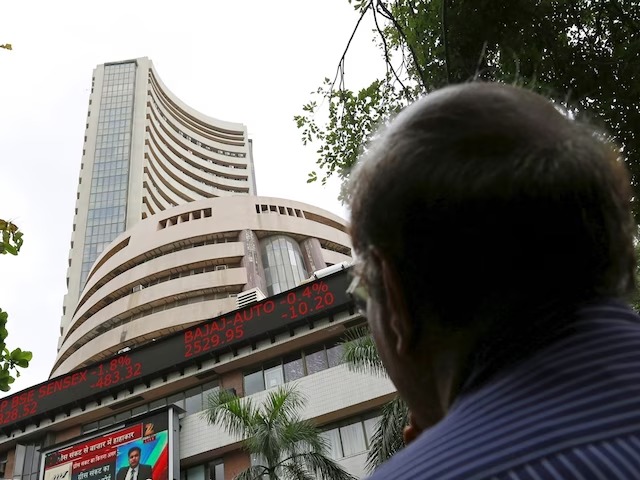What Does The T+0 Settlement System Mean For Traders And Stock Investors? Everything You Must Understand
Following its full transition to the “T+1” (trading day plus one) settlement cycle in the stock market last year, India debuted the same-day share settlement system (T+0) on March 28, 2024. It is now being tested in “beta” mode and will first be supplied by a few brokers for a limited 25 shares. This is all the information investors need to understand about the new, shorter trading cycle.

The T+0 Settlement System: What Is It?
Investors will be able to get the shares in their demat accounts the same day under the most recent T+0 settlement cycle. The days taken for settlement are zero and T, respectively, the days of commerce. For instance, instead of now being credited on Tuesday, if you purchase a share on Monday, it will be deposited into your demat account the same day (Monday). An account where shares are stored digitally is called a demat account.
India now uses the T+1 cycle, which settles deals by the next day.
How will it benefit traders and investors?
Because of the quicker rolling of funds, the shorter share settlement cycle will result in more market liquidity.
“Introducing the T+0 settlement would be of great benefit for traders and investors who are looking for immediate liquidity, allowing them to use funds and react to the market quickly in the high volatile sessions,” said Prashanth Tapse, senior vice-president (research) of Mehta Equities. Retail investors with little capital to invest might benefit greatly from this, and it would completely transform the trading environment for these same tiny investors.
In order to provide swing traders with the highest profits possible, he said, a shorter settlement cycle translates into optimum fund use. Retail investors will be much less exposed to risk as a result of this change, and the system ensures same-day access to money and securities, reducing counterparty and duration risks.
Will systems T+0 and T+1 co-exist?
The T+0 system has currently only been made available to a small number of cash sector stocks in India in “beta” mode, or on a trial basis. Only 25 equities will be permitted to use the same-day settlement mechanism between trading hours of 9:15 am and 1:30 pm. A restricted group of brokers is able to provide this service.
For the time being, the T+0 and T+1 systems will coexist.
What problems does the T+0 Settlement System face?
According to Tapse, the huge number of transactions in the early going can cause some technical issues and constraints for all counterparties.
What Are The T+0 Settlement System Available 25 Shares?
Ambuja Cements, Ashok Leyland, Bajaj Auto, Bank of Baroda, Bharat Petroleum Corporation, Birlasoft, Cipla, Coforge, Divis Laboratories, Hindalco Industries, Indian Hotels Company, JSW Steel, LIC Housing Finance, LTIMindtree, MRF, Nestle India, NMDC, Oil and Natural Gas Corporation, Petronet LNG, Samvardhana Motherson International, State Bank Of India, Tata Communications, Trent, Union Bank Of India, and Vedanta are the 25 companies whose shares will be available for the same-day settlement, per a BSE circular.
What Do Other Countries’ Trade Settlement Cycles Entail?
India is now among the few nations with an extremely quick settlement cycle as a result of the switch to the T+0 share settlement mechanism. India also made history in September 2023 by becoming the first nation to completely switch to the “T+1” stock market settlement mechanism. While most Asian markets remain in the T+2 paradigm, China provides T+0 settlement.
On May 28, the US will switch to the T+1, and the EU could do the same.
India’s Settlement System Evolution: From “Weekly Settlement” to “T+0”
The Indian stock market had a weekly settlement mechanism before to 2001. A shorter rolling settlement known as “T+3” was adopted by market regulator Sebi in 2001. India then implemented the T+2 settlement method in 2023, which lasted until January 2023, when it became the first nation in the world to fully switch to the “T+1” settlement cycle.
In order to expedite the settlement cycle, India has now initiated the T+0 settlement cycle in “beta” mode on March 28, 2024.







